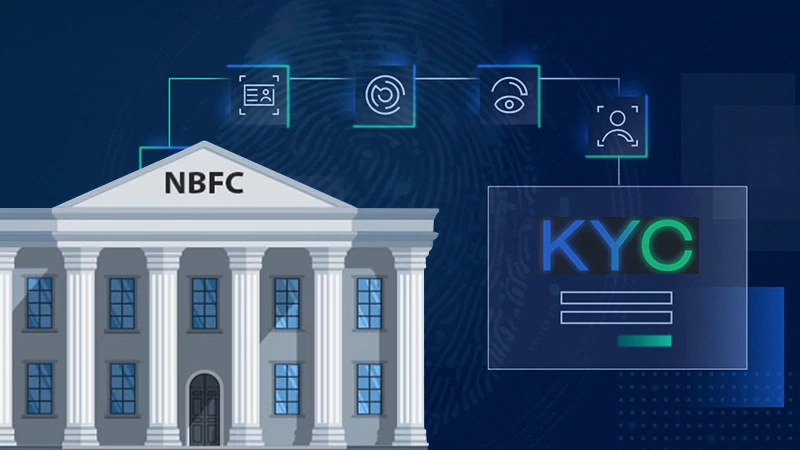Everything You Need to Know About Derivatives Markets
Many people put their hard-earned money into the stock market, taking risks in the hope of making a good return. However, they are unaware that investing in stocks can be riskier due to changes in the prices of securities such as currency, equity, commodities, and so on.
During such times, you may lose all of your money, which can erase out all of your investments in a matter of seconds. Several instruments have proven to be useful in protecting you from the volatility of financial markets. These instruments not only protect traders from risk, but they often provide them with guarantees. Derivatives are the name given to these instruments. Read on to know what is derivatives and their benefits.
Derivatives are contracts whose price is calculated by the value of the underlying asset. They are sophisticated investment vehicles used to achieve a variety of goals, such as hedging and having access to certain other resources or markets.
Also, Read About ETF: Intellectual Choice of Smart Investors
Derivatives are not just a novel financial instrument. The first oil futures, for example, can be traced back to Mesopotamia in the second millennium BC. However, the financial instrument was not widely used until the 1970s. The rapid rise of the derivatives market was fuelled by the implementation of new valuation methodologies. We could no longer comprehend modern finance without derivatives.
What are Derivatives?
Futures and Forwards Contracts
All of these are contracts that bind buyers to purchase an item at a set price on a date in the future. Forwards and futures are the same thing.
Futures contracts are standardized contracts that are traded on exchanges.
Different Options
The contract’s option premium, but not the obligation, to purchase the underlying specified price.
Swaps
Swaps are contracts that enable two parties to share cash flows. Swaps are frequently used to convert a fixed cash flow into a varying cash flow. The most common types of swaps are interest rate swaps, commodity switches, and currency swaps.
Listed Below are Some of the Benefits of Derivatives:
Diversification of Risk
For example, a client may purchase a financial product whose value fluctuates in the opposite direction as an investor’s asset. Profits from the financial instrument may then offset losses on the underlying asset.
Factors Influencing Asset Pricing
Derivatives are commonly used to calculate the price of the underlying asset. Futures spot prices, for example, are used to approximate stock prices.
Market Viability
Derivatives are suggested to enhance financial market productivity. Derivative contracts can be used to replicate asset payouts. As a result, in eliminating arbitrage opportunities, the underlying bonds and corresponding derivative prices must be in equilibrium.
Obtaining Access to Previously Unavailable Assets or Markets
Firms can use derivatives to gain assets or markets that would otherwise be unavailable. A corporation can obtain a lower interest rate than might be available through direct borrowing by using currency swaps.
Hedging and Risk Management
Many people believe that capital preservation and capital growth are equally important. Hedging is really the only way to protect one’s investment. Hedging, like insurance, seeks to reduce the likelihood of significant price adjustments in the asset by acquiring minor flaws in the associated financial products, such as the stock index futures market.
A Wealth of Data
The derivatives market produces a wealth of data that can be used to understand market sentiment.
These are a few of the advantages of derivatives. People in India are increasingly investing in the share market in real-time.
Follow Us
Latest Post
















